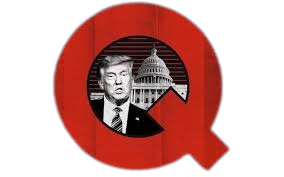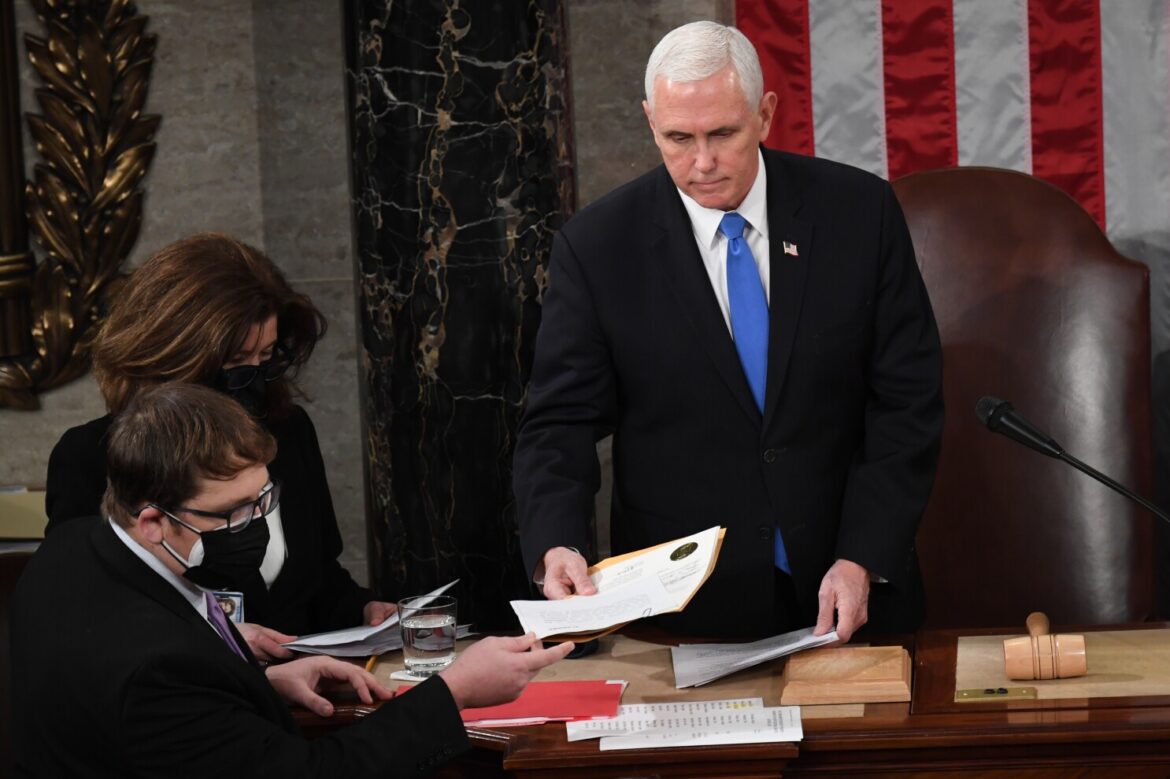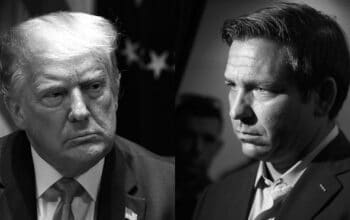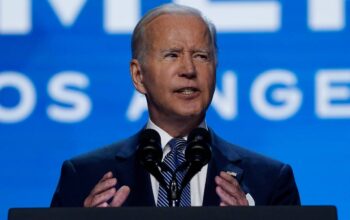No matter what anyone thinks of this week’s committee hearings looking backward at the 2021 Capitol riots, everybody should be willing to look forward to fix the confusing law that gave air to the conflagration.
Polls consistently have shown bipartisan support for fixing the Electoral Count Act to resolve perceived ambiguities, streamline and clarify the process, and emphasize the fact that the vice president is meant to play merely a ceremonial role in Congress’s tabulation of the votes for president. As I noted last fall, “One top modern legal scholar wrote that ‘the law invites misrepresentation’ and ‘is turgid and repetitious. Its central provisions seem contradictory.’ A top scholar near the time it was written called it ‘very confused, almost unintelligible.’”
It’s not that the law, once carefully parsed, actually does leave room for doubt about, for example, the vice president’s role, but only that its convoluted nature allows misguided people to claim it means what it doesn’t. If only to provide for what James Madison in other contexts called “the defect of better motives,” all parts of the political spectrum should want the law fixed.
To see why, consider two warnings, both coming from well-established conservatives but pointing in politically opposite directions.
J. Michael Luttig, the former federal judge who was a conservative favorite for appointment to the Supreme Court in 2005, wrote in February in the New York Times that “the clear and present danger to our democracy now is that former President Donald Trump and his political allies appear prepared to exploit the Electoral Count Act of 1887, the law governing the counting of votes for president and vice president, to seize the presidency in 2024 if Mr. Trump or his anointed candidate is not elected by the American people.”
Contrarily, American Enterprise Institute scholar Kevin Kosar wrote last June that Vice President Kamala Harris could use the act to “steal the election for [Joe] Biden — or for herself.” She might do so, Kosar wrote, by baldly claiming that the certified electoral votes from Georgia and Florida shouldn’t be counted because the laws of those states illegally “suppress voters.”
Of course, Harris would be blatantly lying, but that’s not the point: Using Trump’s argument from 2020-21 that the act gives the vice president broad discretion, Harris could try cheating her way to power. Conservatives (me included) should be aghast.
There are plenty of idealistic reasons to want the act fixed; yet if for no better reason than that the act’s current form allows both major parties to fear the absolute worst from the other, Congress should make reform of the act an absolute priority.
Wise old heads of both parties know this. Witness two former Senate majority leaders, Democrat Tom Daschle of South Dakota and Republican Trent Lott of Mississippi. “Despite competing policy agendas,” they co-wrote in the May 15 Wall Street Journal, “Democrats and Republicans largely agree that the Electoral Count Act came dangerously close to failing and plunging the country into crisis last January. This year is the time to fix it, before the 2024 campaign begins.”
A complicated act will require significant efforts to fix it. Significant, that is, but relatively straightforward. Toward that goal, a Republican-leaning “Presidential Election Project” has been launched to draw people together to agree on the basics of reform. Those basics start with the clarification that the vice president has no discretionary powers and with an airtight definition of what counts as a “certified” electoral vote.
The current hearings remind us why no such Capitol incursion ever should happen again. Fixing the Electoral Count Act is the biggest, most important step.
Source From: Washington Examiner




